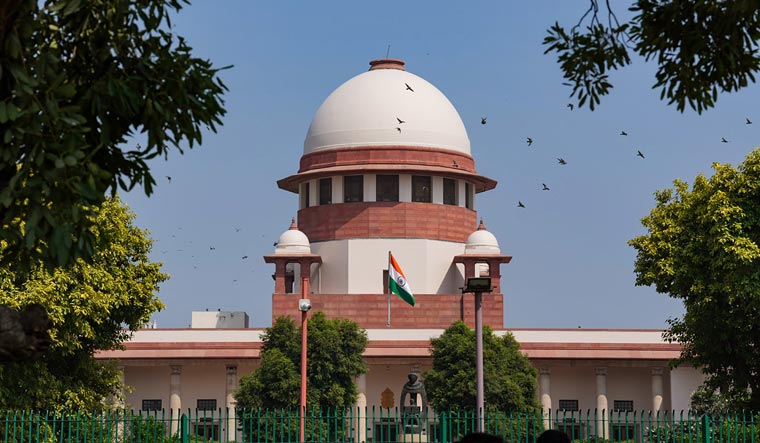
On the 11th day of hearing the litany of petitions challenging the repeal of Article 370, the Supreme Court asked the Centre to provide a timetable for the conversion of Jammu and Kashmir’s union territory status to statehood.
Tushar Mehta, standing for the central government, stated on Tuesday that Jammu and Kashmir’s existing status as a union territory is impermanent, citing Assam, Tripura, and Arunachal Pradesh as instances.
“It is necessary that it remain a union territory for a period of time.” “J&K will eventually become a state,” the Solicitor General told a five-judge constitutional bench led by Chief Justice of India D.Y. Chandrachud. Justices Sanjay Kishan Kaul, Sanjiv Khanna, B.R. Gavai, and Surya Kant also sit on the bench.
Mehta stated that he would make a favorable announcement on August 31. He did, however, state that Ladakh will remain a union territory.
The court, however, stated that a lack of electoral democracy cannot be tolerated indefinitely. “This has to end… give us a specific time frame for when you will restore actual democracy.” “We want to document this,” the court stated, instructing Mehta and Attorney General R. Venkataramani to seek directions from the political executive and report back to the court.
On Monday, CJI Chandrachud stated that by adopting Article 35A, the Centre effectively removed fundamental rights to equality and the freedom to practise one’s profession in any area of the country. He made the statements after Mehta referred to the disputed article in the Indian Constitution, claiming that it discriminated against only permanent inhabitants of the former state.
The Centre informed the CJI-led bench that residents had been misled into believing that the special provisions for Jammu and Kashmir were “not discrimination but a privilege.”
“Even today, two political parties are before this court defending Article 370 and 35A,” the solicitor general said, without naming the two biggest political parties in Jammu and Kashmir.